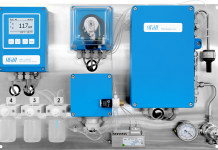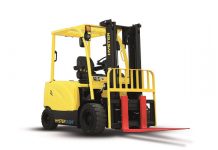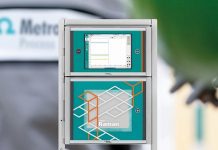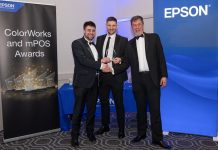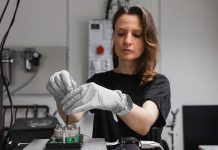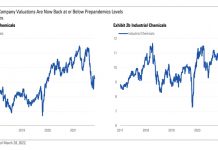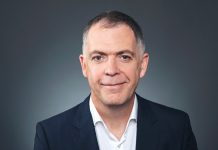The first school experiment to test if plant cuttings build roots in zero gravity was sent to the International Space Station (ISS) in a project supported by BASF.
The VP30 trial, designed by Maria Koch, Raphael Schilling and David Geray – three students from an agricultural high school in Ravensburg, Germany – left Kennedy Space Center in Florida on board the SpaceX rocket in February for the month-long project.
To date, experiments conducted in zero gravity have only concentrated on the growth behavior of seeds. If cuttings can be used to propagate plants in space, it would be a significant advance in efforts to supply food for long space missions, such as to Mars.
Maria said: “We are just hugely excited that we have been able to get our experiment on the ISS. There hasn’t been any research on the effect of zero gravity on cuttings before. This is a once-in-a-lifetime experience.”
For their experiment, the student research team took 15mm cuttings of the plant, ficus pumila (climbing fig). The plant fulfills the tough space travel requirements because it is small enough to fit the limited space and resistant to the temperature differences of 4-28°C.
BASF’s crop protection experts have supported the young scientists with research information, scientific consultancy, materials and equipment. To develop the experiment design, the students also completed an internship at the BASF Agricultural Center in Limburgerhof, Germany.
As the cuttings will undergo extreme differences in temperature and humidity in space, they need to be protected against bacterial or fungal disease. BASF fungicides Xemium® and Initium® helped keep the cuttings healthy during the research on the ISS and on the trip there and back.
Dr Sebastian Rohrer, Early Fungicide Biology at BASF’s Crop Protection division, said: “This is the most exciting field trial I have ever been involved in. Working in research has always been about exploring new ideas but until now, our tests have never left Earth.
“BASF’s approach to innovation is based on connecting with others. Working with the students has been a great example of this – young people like these will be the future of innovation in agriculture.”
Following the trial’s return to earth, the results will be analysed in what is the first school project from Germany to be accepted onto NASA’s education programme.
Raphael said: “Looking far into the future, when space farming is a reality, then maybe we’ll be the pioneers.”






